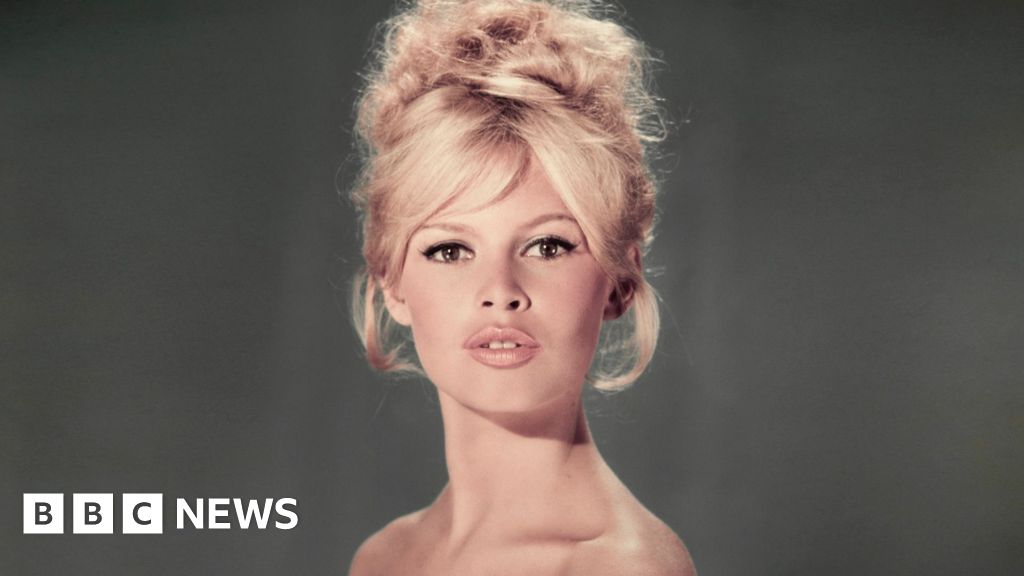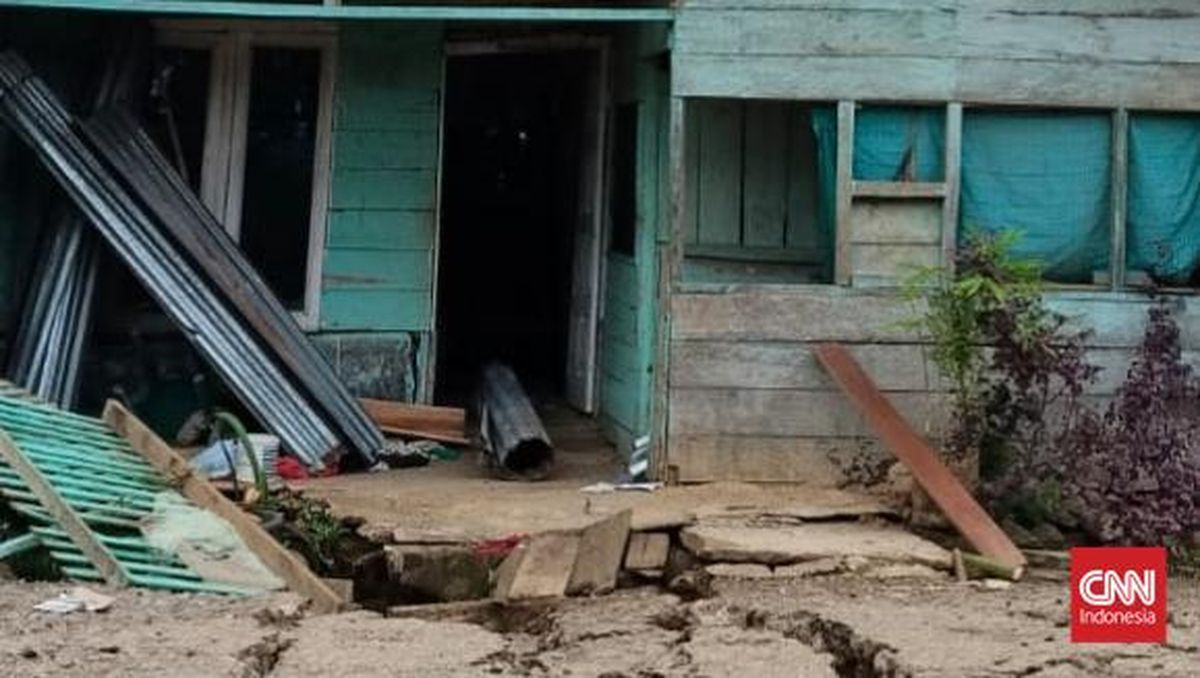By Tom Ryan
September 1, 2025 — 6.00am

FICTION
Bring the House Down
Charlotte Runcie
HarperCollins, $34.95
Scottish writer Charlotte Runcie’s smart, funny debut novel is set during Edinburgh’s famous annual Festival Fringe, the world’s largest celebration of the art of performance. But it’s not just those who tread the boards who are putting on a show there. Everybody else is too. Like Sophie Rigden, a junior culture writer for a mainstream London newspaper and the novel’s not altogether reliable narrator, and Alex Lyons, the paper’s chief theatre critic.
She used to write “clickbait listicles for the website that nobody else wanted to write – 13 things you never knew about Picasso, and all that”. But now she’s moving up in the world, playing second fiddle to Alex, trying to make sense of him, and writing obituaries about folks who’ve yet to take their final breaths, but who soon might. She’s learning the ropes, appreciating that “dead people (usually men) who’ve spent their time on earth being colossal bastards can become complicated in their obit (or) no stranger to controversy … (or) could have wrestled with personal demons”.
Runcie’s very sharp about the profession (and the business) of journalism and about the everyday to-and-fro of the arts beat. And it’s clear that she’s writing Sophie from the inside, her background having much in common with her character’s. A now-30 something Cambridge graduate, she was formerly an arts columnist for London’s Daily Telegraph, her beat including the Festival Fringe. In fact, Bring the House Down reads like her fictional musings about the role and responsibilities of the critic, but it’s also about much more than that.
The plot pivots on Alex’s one-star review of Hayley Sinclair’s one-woman show titled Climate Emergence-She. The dismissiveness of the rating is par for the course for him. “Grow a thicker skin and do the work of contributing to the culture and insisting on high standards,” he tells Sophie, “because someone has to.”
He likes to see himself as her mentor and is full of imperious advice, comparing himself to a doctor offering a diagnosis. “A doctor saying that you have cancer doesn’t give you cancer,” he huffs. “A bad review can’t turn a show bad. It just points out what’s already there.” What he doesn’t tell her – and what Sophie doesn’t point out – is that, while a doctor’s diagnosis is usually based on some hard evidence, critics rarely let their oblivious ignorance get in the way of strongly worded opinions (which provide the kind of show that click-baiters love to put on display to grab our attention).

Scottish author Charlotte Runcie.
However, what gets Alex into trouble isn’t so much his review as what happens between the 45 minutes he spent writing it and its appearance in print the following morning. He meets Hayley in Edinburgh’s Traverse Theatre Bar, and they end up spending the night together in his bed - without him ever mentioning what’s in store for her. After which, the humiliated performer reconfigures her show as The Alex Lyons Experience and his sexual history comes back to haunt him in ways he could never have anticipated, personally and professionally.
While Alex is being confronted by the consequences of his self-absorption, Sophie is mulling over her role as a critic, weighing up her responsibilities to her readers as well as to those whose work she’s assessing, remembering that they’re people too. She’s also appreciating that what she’s doing is as much an act as anything that happens on a stage, that her fascination with Alex’s life is like watching a character in a play, and that her observations about him are like a critique of his performance.
Somewhere in the future, his obit might describe him as “a man about town”, but Sophie allows us to see him as an arrogant, insensitive, pretentious dolt. And then, eventually, insists that, despite him deserving the fate that befalls him, we should remember that he’s a person too. She also comes to see that there’s much more to Hayley than the proverbial woman scorned.
Loading
Runcie, in fact, presents everyone in her book as knowing conspirators in the theatre of life, presenting themselves as characters in their own smash hits, turning their existences into the stuff of drama or comedy. Sophie and her husband, who’s looking after their son while she’s working, both have yearnings and uncertainties that they conceal from each other; Alex’s oh-so-theatrical mother is a right royal grande dame who “darlings!” everyone within earshot; the paper’s editors seek out ways to exploit the emerging scandal in which Alex, Hayley and Sophie play the leads.
Implicitly scathing about the brutal inhumanity of cancel culture, insisting that we see her creations as vulnerable creatures, forever flailing around as they try to make sense of their lives, Runcie turns us all into critics, insisting that we remember her characters’ humanity and discover some sensitivity to their circumstances. Her book is essential fare for anyone who’s ever thought about writing a review, or arrived at this point in reading one.
The Booklist is a weekly newsletter for book lovers from Jason Steger. Get it delivered every Friday.
Most Viewed in Culture
Loading


















































